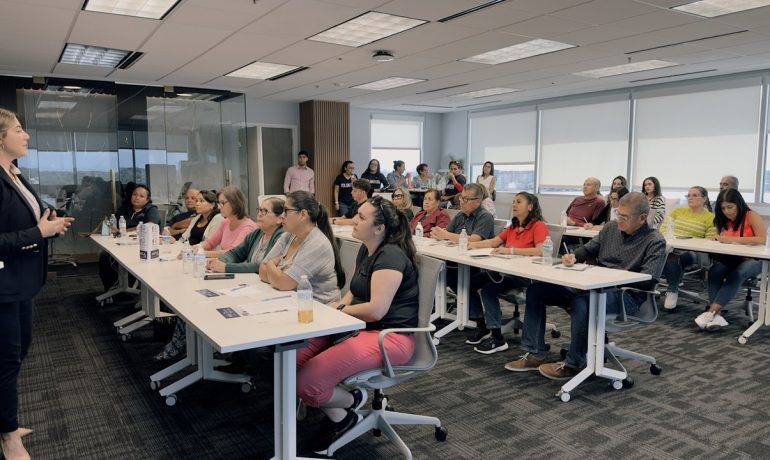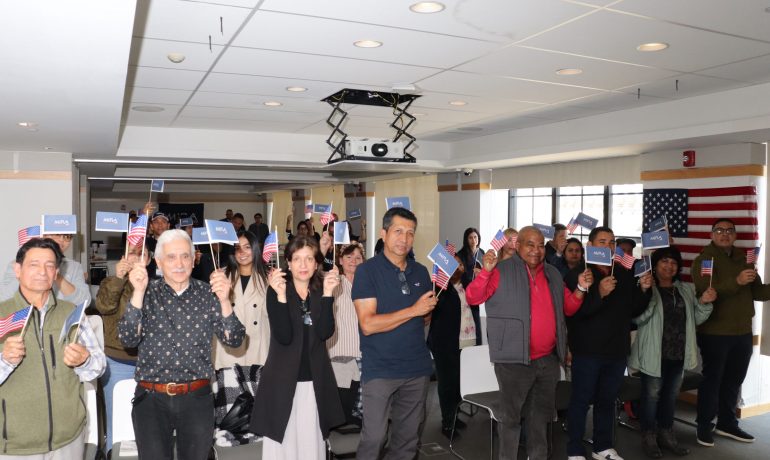Effective training for emergency situations can be crucial in making the difference between life and death. Enhancing knowledge of safety procedures and quick response capabilities is essential for effective emergency management.
On Saturday, June 29, 40 volunteers from MIRA USA’s Paterson, Elizabeth, and Dover branches gathered to participate in a “Disaster Preparedness” training provided by the American Red Cross. The training aimed to equip participants with key tools and strategies for responding effectively during emergencies.
Training Highlights:
- Natural Disasters: Understanding the risks and responses to various natural calamities.
- Extreme Heat Hazards: Recognizing and mitigating the dangers associated with high temperatures.
- First Aid: Basic skills for providing immediate medical assistance.
- CPR (Hands-Only): Techniques for performing cardiopulmonary resuscitation without mouth-to-mouth contact.
- Emergency Management: Managing basic emergency situations until professional medical services arrive.
At the end of the workshop, volunteers shared their experiences and expressed satisfaction with the training. The topics discussed expanded their knowledge and highlighted the importance of creating comprehensive safety plans, including survival kits and important documents.
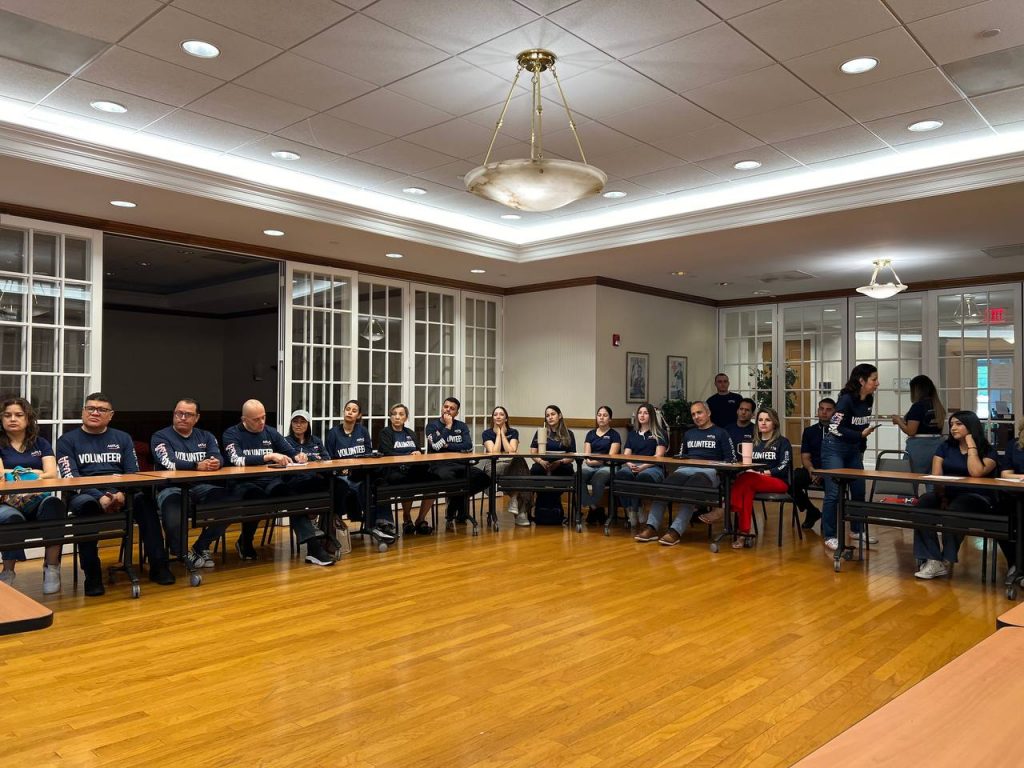
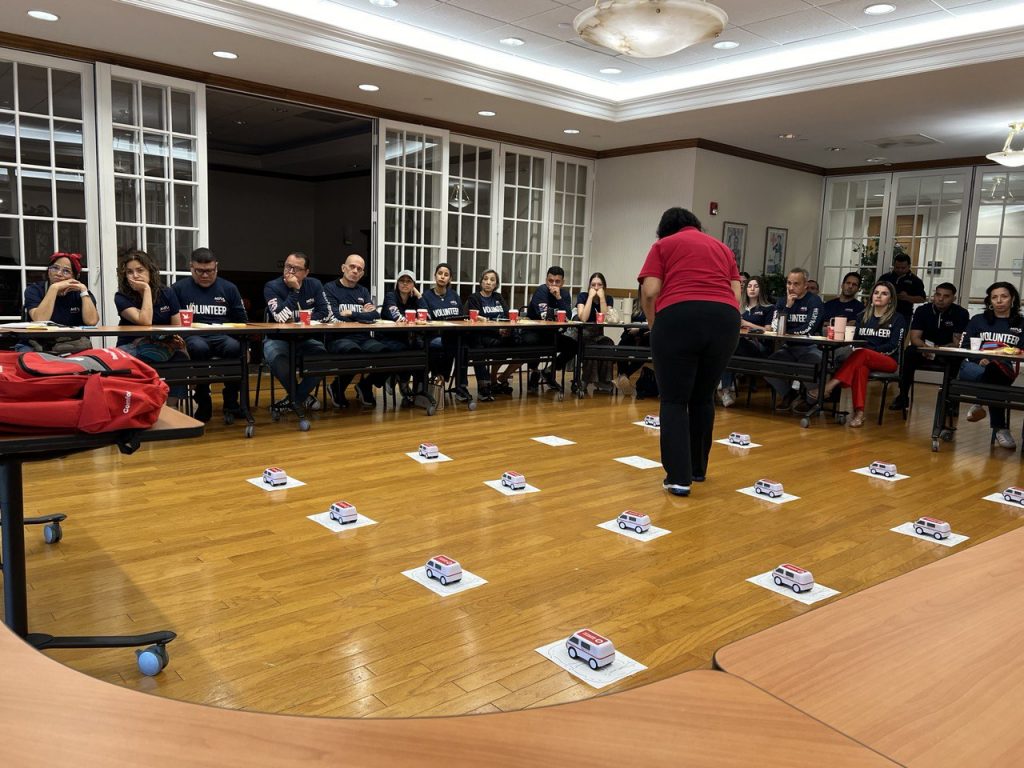
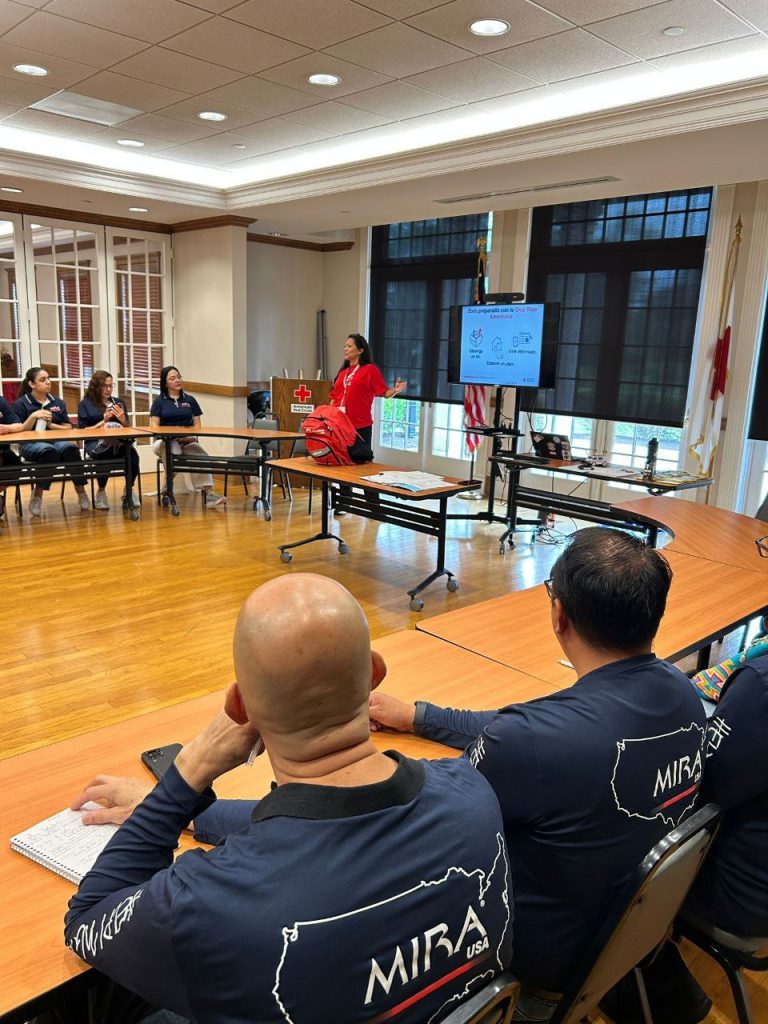
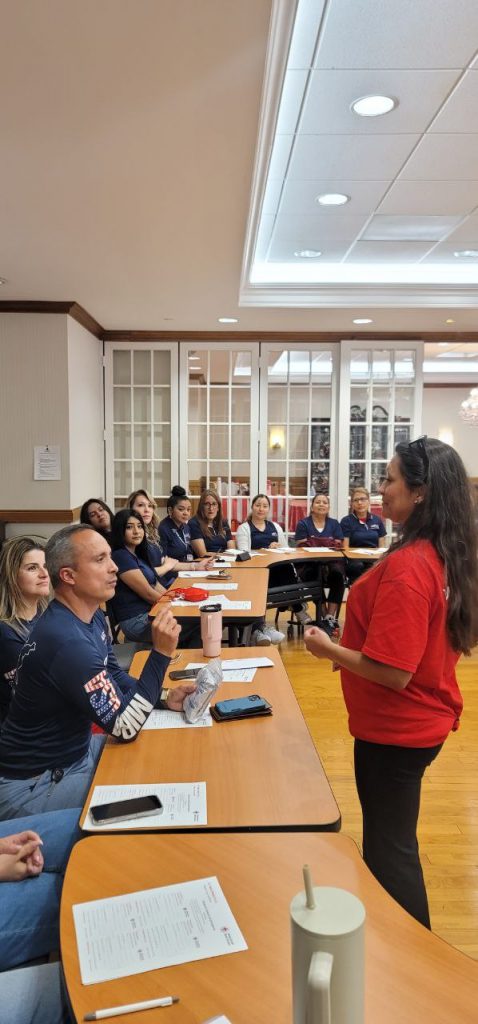
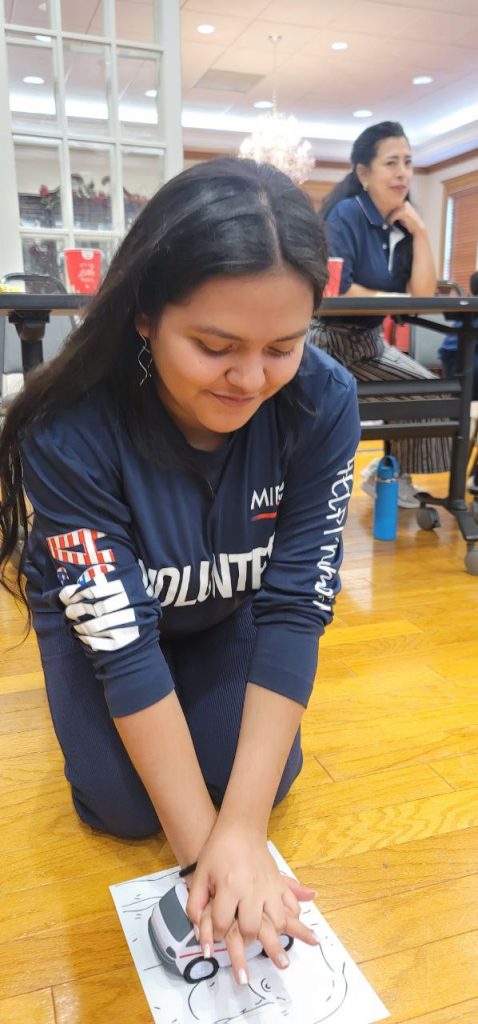
Related Post
Workshop: Fundamentals of Personal Finance | Orlando, FL
On October 25, 2025, MIRA USA hosted the “Fundamentals of
Workshop: Overcome Your Fear of the U.S. Citizenship Exam | Philadelphia, PA
On October 25, 2025, MIRA USA hosted the workshop “Overcome Your

